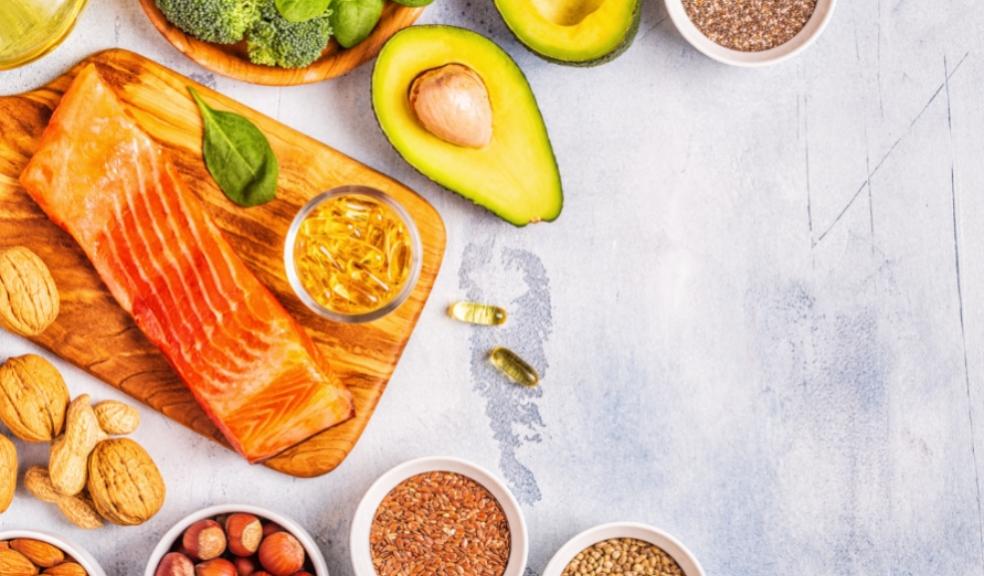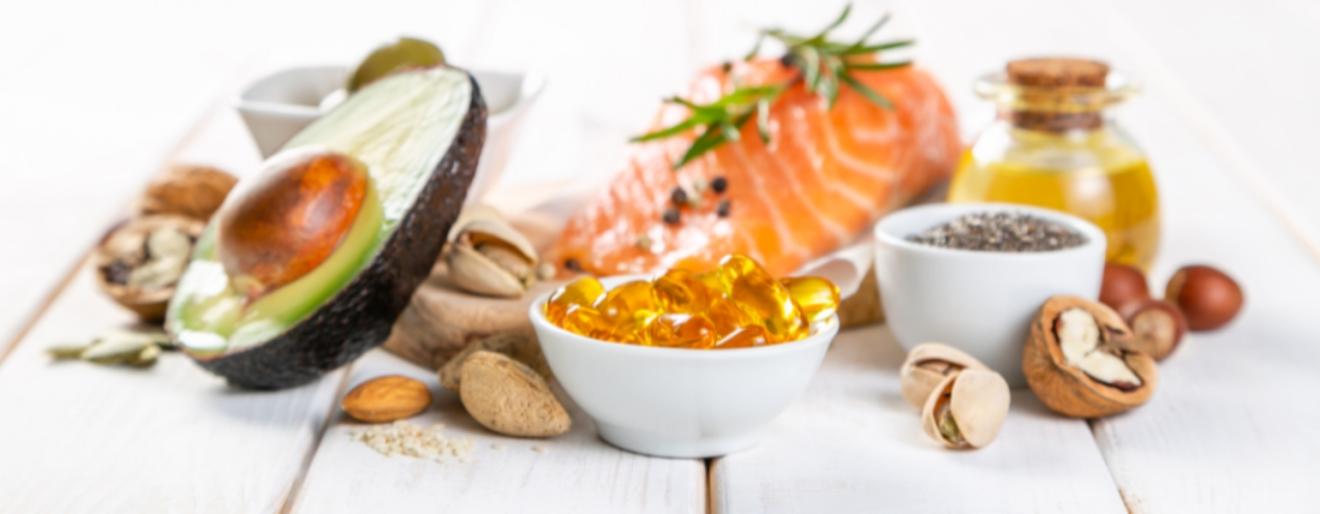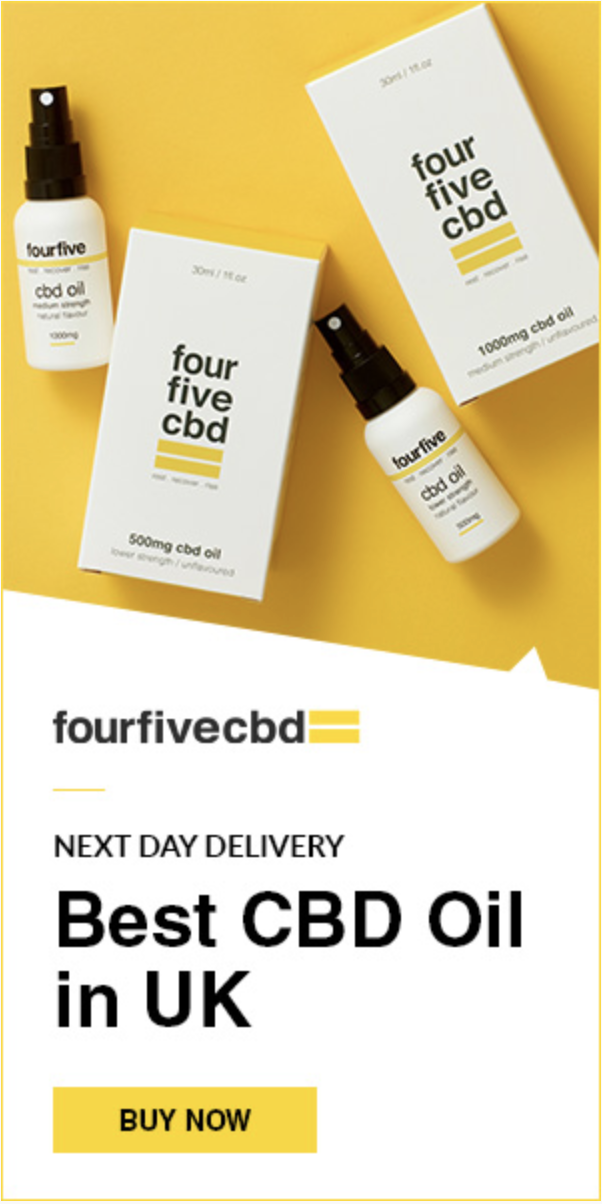
Best Food for Brain Health
Experts reveal the best foods for brain health, plentiful in omega-3s, that you should add to your shopping cart today.
- Omega-3s are especially beneficial for kids’ brain health. Many clinical studies even suggest that omega-3’s may also aid sleep quality and reduce symptoms of ADHD.
- Salmon, mackerel, and sardines have some of the highest levels of omega-3s
- The Pacific Island nations, the Mediterranean basin, Iceland, South Korea and Japan have the highest omega-3 consumption
Our brains are the control centre of our bodies. The brain is in charge of keeping your heart beating and lungs breathing and allows you to move, feel, and think.
The foods you eat play an essential role in keeping your brain healthy and can help improve specific mental tasks, such as memory and concentration.
From early childhood, it is important to maintain good brain health through a balanced diet, including all vitamins and minerals as well as omega-3 fatty acids. Many clinical studies even suggest that omega-3’s may also aid sleep quality and reduce symptoms of ADHD.
Equazen®, omega-3 fatty acid specialists, have looked at the findings from a recent Statista report, which says people in the UK are not getting the amount of fatty fish acids we need. According to the report, an average of just 146 grams of fish was purchased per person per week for household consumption. Meaning that even a 100g portion of Mackerel per week isn’t enough to meet government guidance.
 Image By oleksandranaumenko on Canva
Image By oleksandranaumenko on Canva
What are Omega-3 fatty acids?
Omega-3 fatty acids are a family of essential fatty acids which are beneficial for brain development and growth. Omega-3s are the ‘good fat’ your body needs but cannot produce on their own and are mostly found in oily fish and in some plant-based sources such as nuts.
There are three main types of omega-3 fatty acids- DHA, EPA and ALA. Your body can turn ALA into DHA and EPA, though not very efficiently, so, experts recommend getting DHA and EPA from diet or supplements.
Omega-6 fatty acids
Are also essential fatty acids that play an important role in brain function and development. As a type of polyunsaturated fatty acid (PUFA), omega-6s help stimulate skin and hair growth, maintain bone health, regulate metabolism, and maintain the reproductive system.
A healthy diet contains a balance of omega-3 and omega-6 fatty acids.
Roz Kadir, Clinical Nutritionist, and adviser to Equazen® said:
“Be a good label reader and look out for foods that are fortified although the doses will be lower than that found in fish.
“Oily fish is always top of the list for choices of the highest amount of omega-3 but to provide some variety in your diet, don’t ignore the following list of foods even if the oil in them isn’t as easily digested as that from fish sources.
“An alternative for those struggling to get the recommended intake would be to consume fish oil supplements such as Equazen®. The formulation of omega-3 and 6 is clinically proven, with a good balance for those want to integrate their diet with these beneficial nutrients.”
How much Omega-3 should we eat?
According to the British Dietetic Association (BDA), you should try to eat two portions of fish per week, one of which should be oily, to get the most benefit. The BDA has also recommended portion sizes for adults and children to help get the right amount of omega-3 in your diet.
| Age | Portion Size |
| 18 months to three years | ¼ - ¾ small fillet or 1 to 3 tablespoons of omega- |
| 4-6 years | ½ – 1 small fillet or 2 to 4 tablespoons |
| 7-11 years | 1 – 1 ½ small fillets or 4 to 6 tablespoons |
| 12 years to adult | 140g (5 oz) fresh fish or 1 small can |
Sharing Kate Moryoussef’s extensive personal experience
Kate Moryoussef, a busy mum of 4, is a lifestyle and well-being coach, guiding women (many with ADHD) to understand the importance of prioritising their own wellbeing and lifestyle in order for them to feel more self-compassionate, healthier, more productive, more aligned and resilient to deal with their careers, relationships and/or families. Kate also hosts a podcast called 'The ADHD Women's Wellbeing Podcast'.
At the age of 40, Kate was diagnosed with ADHD, and has successfully navigated her way through maintaining a healthy lifestyle through exercise, diet, and taking supplements.
Kate says, “As a busy mum of four kids aged between seven and sixteen, I'm always trying to get the right nutrients into them for their brain health and emotional regulation. It can often feel all-consuming ensuring that they're eating well and exercising as well as setting healthy social media boundaries. Definitely challenging times for parents!
Here are some of my tips to help both yourself feel calmer, as well as getting your children to be open about trying new food for optimum brain health.”
• Remember that balance is key. If they have had a healthy meal in the day at some point, can you release the pressure off yourself and accept that not every meal has to be highly nutritious?
• If your child is a fussy eater, keep trying them with new combinations. If they don't eat brain-healthy roasted sweet potatoes, try them mashed with some honey and cinnamon. If they won't eat steamed broccoli, maybe try broccoli fritters with feta. Time-consuming - yes but also rewarding knowing they're eating nutritious food.
• My go to fish for my kids is always salmon. It ticks all the boxes for omega 3s, which can be found in most oily fish. I cook it in different ways to keep the variety. However, if they won't eat fish, I'm relieved to say that Equazen® offers the same fatty acids, such as Omega 3s and 6s, which all kids need for mood, focus and sleep.
• Keep healthy snacks accessible. I keep a glass jar of mixed nuts and seeds (which are great snacks for brains) such as walnuts, brazil nuts and almonds. Try keeping an accessible selection on the kitchen counter which means if they're really starving, they tend to grab a handful!
• I truly believe most kids don't drink enough water, which is key for mood regulation, concentration, behaviour and sleep. If you think this may be a reason your child may be suffering with poor focus or behaviour try new things such as keeping ice in the freezer, flavouring it with fruit or low sugar cordial.
• To be sure that you and your children are getting enough essential fatty acids, I'd highly recommend Equazen® supplements for all the family.
For more information on Equazen®, visit: https://www.equazen.co.uk
Cover photo By tbralninaphotos on Canva













